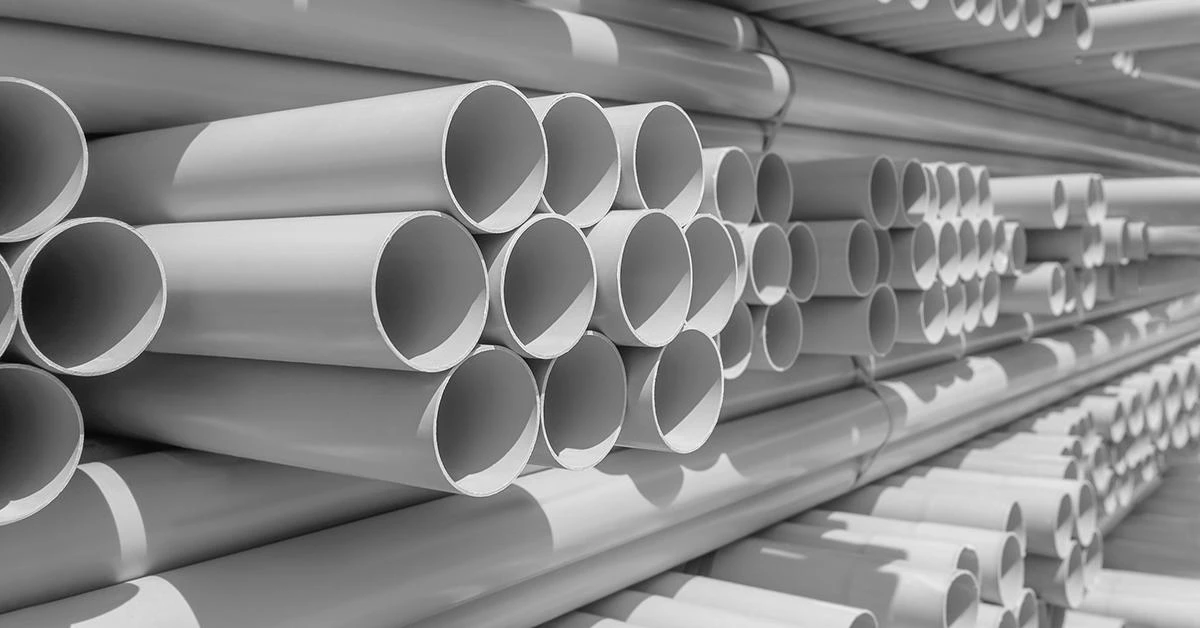Introduction
When people think about plumbing and piping, the term “PVC” often comes up. But is AS/NZS 1477 PVC Pipe just another type of plastic? The answer is a bit more complex than that. In this article, we’ll delve into what PVC is, its properties, uses, advantages, and how it compares to other materials. Let’s get started!
What is PVC?
PVC stands for polyvinyl chloride, a synthetic plastic polymer. It’s created from the polymerization of vinyl chloride monomers, which gives it unique properties that set it apart from other plastics. The manufacturing process involves combining these monomers with additives to enhance its durability, flexibility, and performance.
Properties of AS/NZS 1477 PVC Pipe
Durability
One of the standout features of PVC pipe is its remarkable durability. It resists corrosion, rust, and degradation from chemicals, making it suitable for a wide range of applications.
Chemical Resistance
PVC can withstand many acids, bases, and salts, which makes it ideal for chemical handling in various industrial applications. This resistance ensures longevity even in harsh environments.
Flexibility
While PVC is rigid, it can be slightly flexible, allowing for some movement during installation and use. This flexibility helps to prevent cracking and breakage under stress.
Lightweight Nature
PVC pipe is significantly lighter than metal pipes, which makes it easier to handle and install. This lightweight nature can lead to reduced shipping costs and lower labor expenses during installation.
Common Uses of AS/NZS 1477 PVC Pipe
Plumbing Applications
PVC is widely used for residential and commercial plumbing systems. It’s perfect for drain, waste, and vent (DWV) systems due to its resistance to corrosion and chemical reactions.
Irrigation Systems
Farmers and landscapers frequently use PVC pipes for irrigation systems. Its durability and lightweight properties make it an excellent choice for transporting water efficiently.
Electrical Conduits
PVC is also a common material for electrical conduits. Its non-conductive properties and resistance to moisture make it a safe option for protecting electrical wiring.
Construction Uses
In construction, PVC is used for various applications, including siding, window frames, and roofing materials, due to its strength and weather resistance.
Advantages of AS/NZS 1477 PVC Pipe
Cost-Effectiveness
One of the biggest draws of PVC pipe is its affordability. It’s generally less expensive than metal alternatives, making it a popular choice for budget-conscious projects.
Low Maintenance
PVC requires very little maintenance. Unlike metal pipes, it won’t rust or corrode, leading to lower long-term maintenance costs.
Ease of Installation
Thanks to its lightweight nature and easy-to-use fittings, PVC pipe can be installed quickly and efficiently. This can save both time and labor costs during construction.

Limitations of AS/NZS 1477 PVC Pipe
Temperature Sensitivity
PVC can become brittle in extreme cold and may warp or soften in high heat. It’s essential to consider the temperature ranges of your application to ensure durability.
Impact Resistance
While PVC is strong, it can be susceptible to impact damage, especially in colder temperatures. Care must be taken to protect it from heavy impacts.
Environmental Concerns
The production and disposal of PVC have raised environmental concerns due to the release of harmful chemicals. It’s crucial to be mindful of these issues when considering PVC for your project.
AS/NZS 1477PVC Pipe vs. Other Materials
PVC vs. CPVC
While both are plastic pipes, CPVC (chlorinated polyvinyl chloride) can withstand higher temperatures, making it suitable for hot water applications. PVC is generally less expensive and is used for cold water systems.
PVC vs. PEX
PEX (cross-linked polyethylene) is flexible and easier to install in tight spaces, while PVC is more rigid and better for outdoor applications. PEX is also less susceptible to temperature changes.
PVC vs. Metal Pipes
Metal pipes, like copper and steel, are more durable in extreme conditions but can be more expensive and prone to corrosion. PVC offers a cost-effective alternative with sufficient durability for many applications.
Safety and Health Considerations
PVC pipes are generally safe for most applications, including drinking water, but it’s important to ensure that they meet local regulations and standards. Concerns about leaching harmful chemicals can arise, but many manufacturers produce PVC that meets safety standards for potable water.
Conclusion
In conclusion, AS/NZS 1477 PVC Pipe is more than just plastic; it’s a versatile and durable material with a wide range of applications. Its affordability, low maintenance, and ease of installation make it an attractive option for many plumbing and construction projects. However, understanding its limitations and safety considerations is crucial for making informed decisions.
FAQs
1. What does PVC stand for?
PVC stands for polyvinyl chloride, a type of plastic polymer.
2. Can PVC be recycled?
Yes, PVC can be recycled, but local recycling options may vary.
3. Is PVC safe for drinking water?
Yes, PVC pipes designed for potable water meet safety standards.
4. How long does PVC pipe last?
With proper installation and maintenance, PVC pipes can last over 50 years.
5. What are the alternatives to PVC pipe?
Alternatives include CPVC, PEX, and metal pipes like copper and steel, each with its own pros and cons.


















